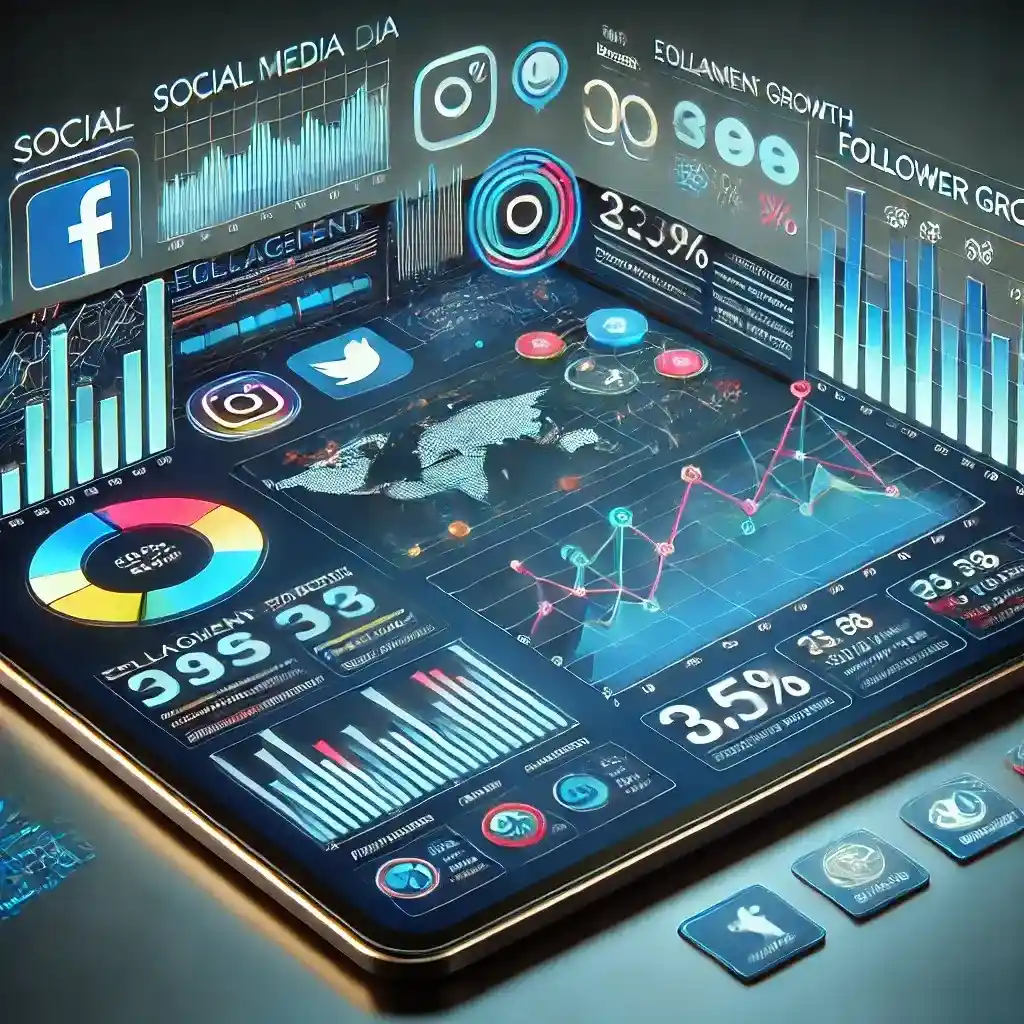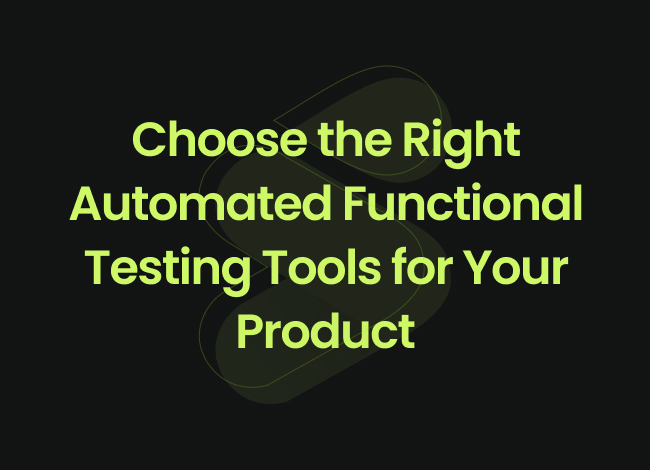Introduction
Social media has revolutionized the way businesses interact with their clients. Without proper analytics, your efforts may not be able to reach the heights the full extent of what they can do. This is the point where analytics social media is the solution. The process involves gathering information from your social media platforms to determine the performance of your content and what your audience’s preferences are and the areas you can make improvements. Let’s look at ways to utilize data from social media platforms to enhance your advertising strategy.
What is Analytics Social Media?
In essence, analytics social media is about acquiring data, analyzing, and then analysing data from platforms such as Facebook, Instagram, Twitter and LinkedIn. These data help businesses gauge the effectiveness of their advertisements, posts as well as their overall presence. When they analyze this information, marketers can make better informed choices, and optimize their strategies to achieve more effective outcomes.

Why is Analytics Social Media Crucial for Marketers?
Knowing your target audience and their habits is essential to any effective marketing strategy. By using social media analytics you are able to:
- Find out the content that is most popular with your followers.
- Assess the efficacy of your campaigns.
- Modify your strategy according to live data, reducing time and money.
How Analytics Social Media Drives Marketing Success
By analyzing information, companies can learn more about the preferences of their customers and what content performs best and which platforms produce the most effective outcomes. analytics social media can help marketers:
- Learn about the behavior of your audience: Find out who is engaging with your web content and how.
- Determine the content’s effectiveness: Monitor the content that is driving engagement, clicks and conversions.
Key Metrics in Analytics Social Media
To reap the maximum benefit of social media analytics you must concentrate on the most important performance indicators that include:
Engagement Rates
Engagement rates show how often people are engaged with your blog posts. This is a reference to shares, likes comments, shares as well as other types of engagement. A higher percentage of engagement indicates that your content is getting the attention of your target audience.
Follower Growth
Monitoring how your followers’ count grows (or decreases) in time will reveal how your content is able to draw and keep the attention of your followers.
Click-Through Rates (CTR)
CTR measures the frequency with which people click on links within your ad or post. It’s among the most important metrics used to assess the effectiveness in your online social media marketing campaigns.
Top Tools for Analytics Social Media
There are a variety of tools available to provide you with insights into the performance of your social media. The most well-known tools are:
Free and Paid Tools
- Google Analytics: While it’s not specifically intended for Social Media, it can help monitor social traffic to your site.
- Sprout Social: A complete tool for managing and analysing several social media accounts.
- Hootsuite: is a widely-used tool that permits the scheduling of events and tracking analytics.
How to Measure Social Media Engagement
Engagement metrics like likes comments and shares are among the most obvious indicators of how your content is performing. Platforms such as Facebook and Instagram have built-in analytics dashboards that can track interactions.
Using Analytics Social Media for Audience Insights
Knowing your target followers is one of the most important advantages of analytics in social media. You can collect demographic data like:
- Age.
- Gender.
- Geographical place of origin.
This helps you create your content to appeal directly to your audience. This ensures that your message is memorable and encourages engagement.
Content Performance Through Analytics Social Media
There are many different types of content that perform equally. When you review analytics on social media you will be able to identify the most successful posts and determine what factors contributed to the popularity of their content. The most important performance indicator (KPIs) comprise:
- Post your impressions.
- Engagement rates.
- Conversion metrics (if appropriate).
Analytics for Competitor Analysis Social Media
Reviewing your competitors’ media performance will help you discover any weaknesses in your strategy. Tools such as Sprout Social allow businesses to analyze how their rivals are engaging levels, posting frequency, and more.

The Role of Sentiment Analysis in Social Media
Sentiment analysis allows brands to determine the tone of conversations that are happening via social media. Are people expressing their opinions about you positively or negatively? The tools for analysis of sentiment can provide valuable insights to help you improve the reputation of your brand.
Real-Time Monitoring and Reporting
One of the major advantages for Analytics social media is the capacity to track data in real-time. Through real-time analysis, it is possible to alter your strategy in a flash and improve your campaigns to get optimal results.
How Analytics Social Media Impacts ROI
If you track the correct metrics, you will be able to directly determine the ROI (ROI) for your online social media advertising campaigns. Knowing the content that drives conversions will help you focus your efforts on what performs most effectively.
Problems with Analytics and Social Media
Although analytics in social media is extremely useful however, it comes with its own challenges. Some of the most frequent are:
- Information overload: Too much information can become overwhelming.
- Platforms change: Social media platforms regularly modify their algorithms. This can alter how your content is perceived.
The Future of Analytics Social Media
As technology advances, it is expected that the next phase of analytics in social media is moving to predictive analysis as well as AI. The near future will see AI can help businesses predict trends and comprehend the behaviour of users with greater precision.
Best Practices for Effective Use of Analytics Social Media
To maximize the value the most value from the results of your analysis social media initiatives, make sure you follow these guidelines:
- Review your metrics regularly: This can help keep you on top of trends and modify your plan as necessary.
- Changes in HTML: Keep your options open and change your strategies when platforms change.
Conclusion
Analytics for social media is a valuable instrument for marketers who want to optimize their strategies and increase growth. When you focus on most relevant indicators, utilizing the top tools, and remaining ahead of the trends, you’ll be able to make the most for your online social media campaigns and achieve measurable results.
People Also Ask
Businesses should track social media analytics at least once a week to stay updated on performance and make timely adjustments.
Some of the best free tools include Google Analytics, Facebook Insights, and Twitter Analytics.
Sentiment analysis tracks the tone of online conversations about your brand, helping you manage your reputation and respond to negative feedback.
Absolutely, Small businesses can use social media analytics to understand their audience and optimize their content for better results.
AI and predictive analytics are at the forefront, offering businesses the ability to forecast trends and fine-tune their strategies.






